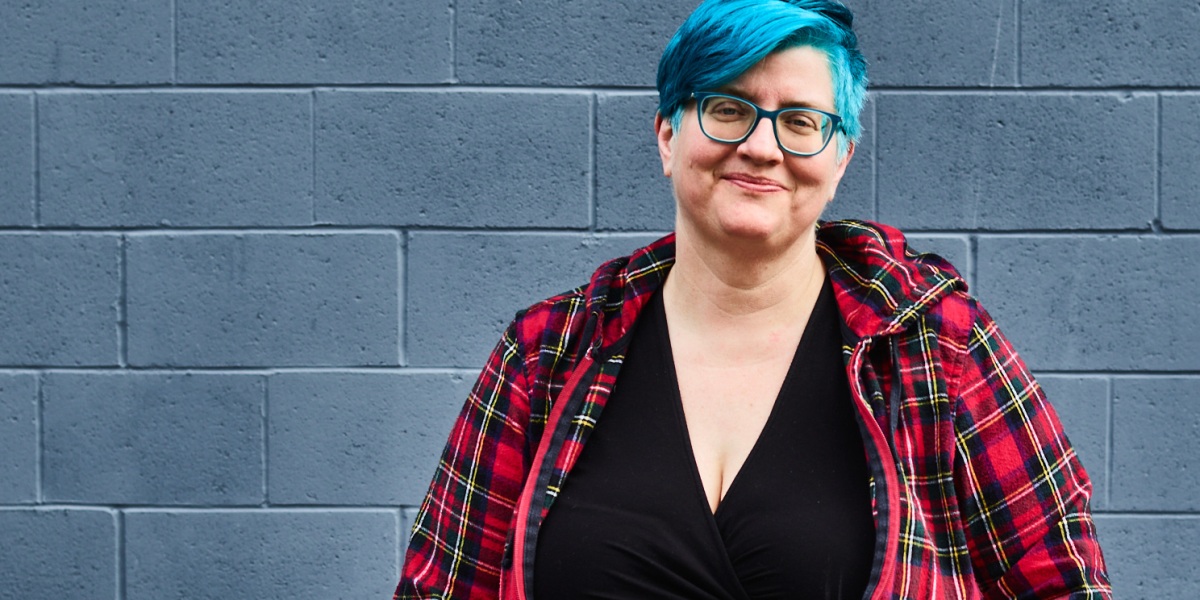
Working in finance at the beginning of the 2008 financial crisis, mathematician Cathy O’Neil got a firsthand look at how much people trusted algorithms—and how much destruction they were causing. Disheartened, she moved to the tech industry, but encountered the same blind faith. After leaving, she wrote a book in 2016 that dismantled the idea that algorithms are objective.
O’Neil showed how every algorithm is trained on historical data to recognize patterns, and how they break down in damaging ways. Algorithms designed to predict the chance of re-arrest, for example, can unfairly burden people, typically people of color, who are poor, live in the wrong neighborhood, or have untreated mental-health problems or addictions.
Over time, she came to realize another significant factor that was reinforcing these inequities: shame. Society has been shaming people for things they have no choice or voice in, such as weight or addiction problems, and weaponizing that humiliation. The next step, O’Neill recognized, was fighting back. Read the full story.
—Allison Arieff
London is experimenting with traffic lights that put pedestrians first
The news: For pedestrians, walking in a city can be like navigating an obstacle course. Transport for London, the public body behind transport services in the British capital, has been testing a new type of crossing designed to make getting around the busy streets safer and easier.
How does it work? Instead of waiting for the “green man” as a signal to cross the road, pedestrians will encounter green as the default setting when they approach one of 18 crossings around the city. The light changes to red only when the sensor detects an approaching vehicle—a first in the UK.
How’s it been received? After a trial of nine months, the data is encouraging: there is virtually no impact on traffic, it saves pedestrians time, and it makes them 13% more likely to comply with traffic signals. Read the full story.
—Rachael Revesz
Check out these stories from our new Urbanism issue. You can read the full magazine for yourself and subscribe to get future editions delivered to your door for just $120 a year.
– How social media filters are helping people to explore their gender identity.
– The limitations of tree-planting as a way to mitigate climate change.
